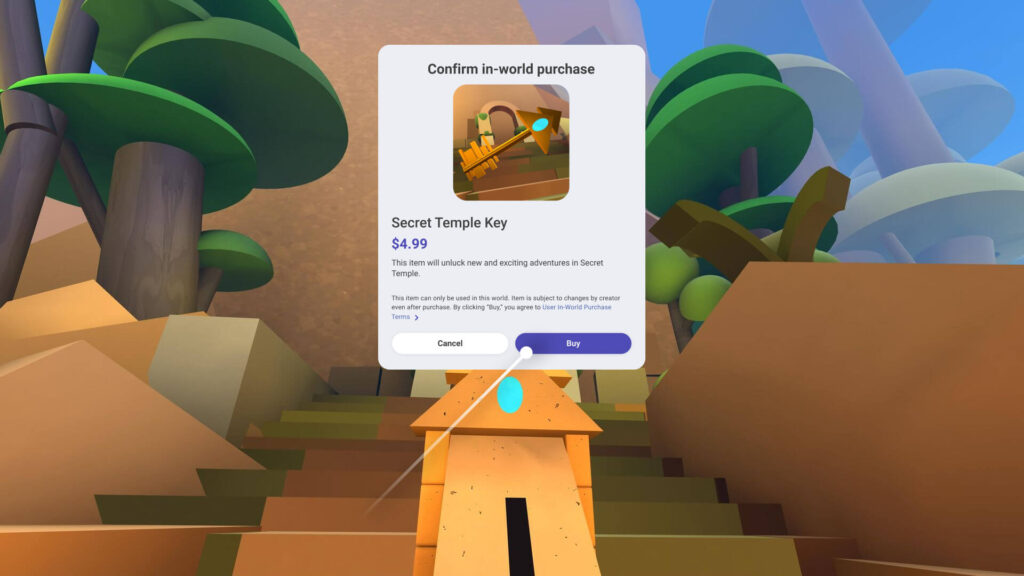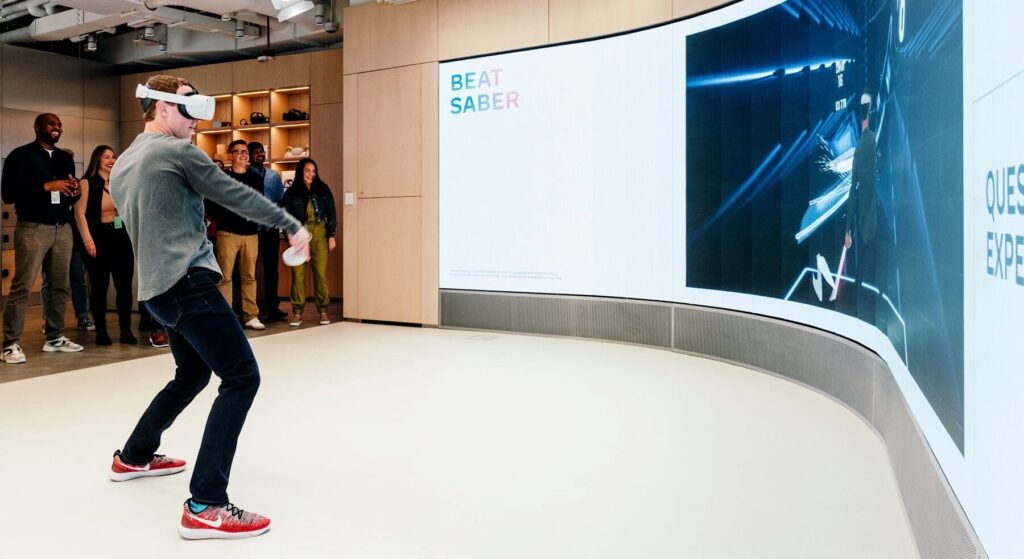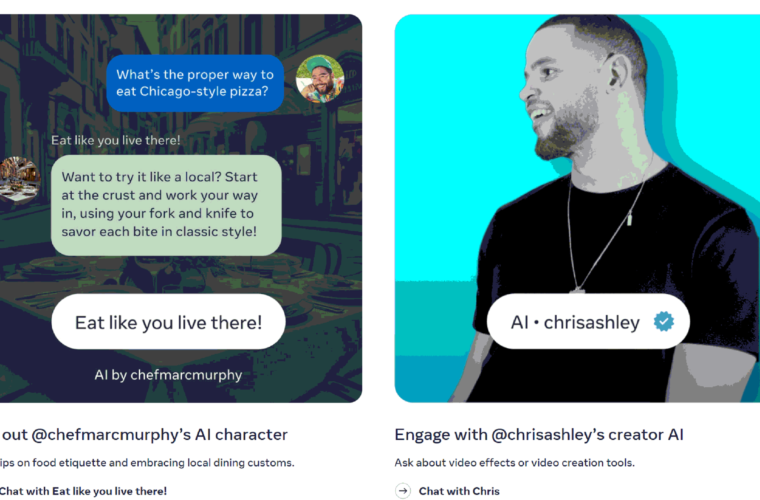Meta is testing new digital features to let Horizon creators sell virtual items in the Metaverse and earn money, the company announced.
Facebook’s parent company is rolling out the first stages of a new digital economy, where VR creators will be able to make money trading virtual items such as artifacts, digital jewelry, or anything else they make.
“As part of our ongoing commitment to support creators, we’re beginning to test several new tools that will enable creators to experiment with different ways to monetize what they’re building in Horizon Worlds” Meta noted. “While we’re launching this today as a test with a handful of creators to get their feedback, these types of tools are steps toward our long-term vision for the metaverse where creators can earn a living and people can purchase digital goods, services, and experiences”.

Right now, Meta is testing the new features with a handful of creators who can already sell virtual items within Horizon Worlds, the company’s metaverse platform for Quest VR headsets that is about to be accessible soon through mobile phones and game consoles as well. During the testing process, Horizon’s creators could make and sell attachable accessories for a fashion world or offer paid access to a new part of a world.
Meta is testing new features
As Meta highlighted, purchasing items in Horizon Worlds is available to people 18+ in the US and Canada where Horizon Worlds is currently running. Creators selling items will see a Commerce tab and gizmo when they’re in Create mode that lets them create purchasable items.
“There are two new things that I wanted to talk about. One is in-world purchases – basically the ability to sell virtual items and access things inside Horizon Worlds which is part of the commerce equation,” Zuckerberg said. “I’m also really excited about the creator bonus program that we’re rolling out for people who are building awesome worlds in Horizon to compensate and reward them.”

A goal-oriented bonus program
So far, the company hasn’t revealed details on whether these new digital tools will be available to all of Horizon’s creators, however, Meta has also announced a goal-oriented bonus program to encourage creators to use its tools and build out their worlds.
“These bonuses come in the form of goal-oriented monthly programs where the creators are paid out at the end of the month for their progress toward the goal. Creator bonuses are not subject to fees and will be paid to creators in full” Meta noted. “For now, in this limited test, creators will be rewarded for building worlds that attract the most time spent, but over time we may evolve these goals, for example, to encourage creators to adopt new tools or features we roll out”.
Meta is not the first VR platform to enable digital creators to sell virtual items. The parent company of Facebook is following in the footsteps of Roblox and Rec Rooms, which both already let creators sell VR items that they make. However, Zuckerberg’s decision to rebrand its company in Meta and invest in creating the so-called Metaverse has aroused the interest of analysts who carefully monitor the steps, but also the intentions of Meta, for the metaverse platform it prepares.
According to the company, Horizon creators who are participating in any monetization programs, including in-world purchases and creator bonuses, are required to follow all of Meta’s policies for Horizon Worlds including the Conduct in VR Policy and Horizon Worlds Prohibited Content Policy to be eligible for earnings.



